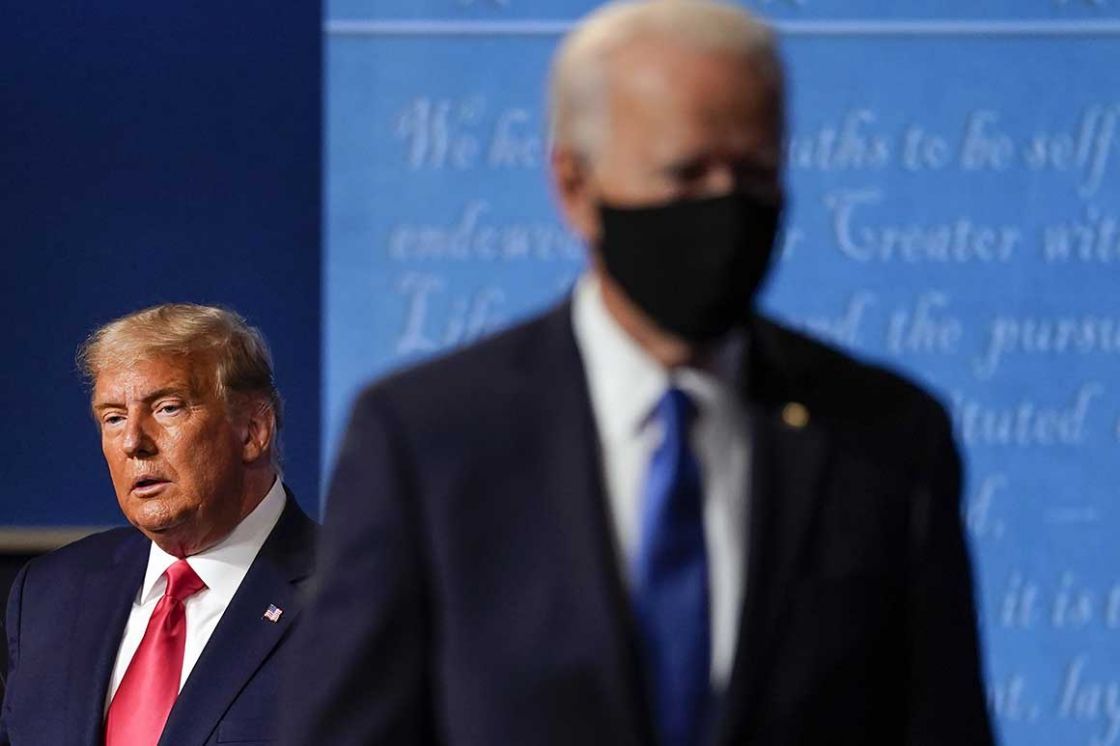- Editorials
- Posted
American Arrogance, between the Rhetoric and the Behavior
During the last four months, since the new administration took office, the US rhetoric has been characterized by an escalation in most major affairs in the international framework, especially those related to the conflict with Russia and China, whether through NATO or the many European files, including Ukraine and the gas pipeline dossiers, and others. This rhetoric is in essence a continuation of the US rhetoric during the Trump era, though some details might differ.
On the other hand, the actual behavior, starting from the nature of the relationship with various international organizations, the military presence in Afghanistan and Iraq, the Iranian nuclear file, the Zionist entity, and other issues, is behavior that cannot be described as anything less than an active defensive behavior, if not an obvious regressive behavior.
All of this cannot hide the truth of the contradiction between an offensive discourse (in the relationship with Russia and China) and a defensive or even regressive behavior, which requires an understanding of its true interpretations and implications, because of the impact on the whole world, and on Syria implicitly:
First: The reality of Western retreat in general, and the US implicitly, fundamentally in the economic sense, is a fact that no discourse or behavior can negate. Among the many indications of this, the contribution of the “Big Seven” to global GDP declined from 65% in 2000 to less than 45% in 2020. It is known that political and military weights are, in the end, an intense expression of economic weights, therefore, reformulating international relations as a whole based on the new weights in the economic sense, is inevitable. In this sense, what is meant by the intensification of the war rhetoric is to cover the retreat with heavy smoke bombs, not to mislead the enemies, but primarily to mislead the Western allies and peoples, to delay their detachment from Western influence.
Second: Within the ongoing major transition process, the Western group, and Washington in particular, is working to exhaust the various tools and arms of its power that it has established over the past decades, including the United Nations, international and regional institutions, and “allies”, including NATO, the European Union, the Arab League, and others. In other words, the global capitalist elite, with its Western-American center, is working to make its allies near and far pay as much as possible of the bill of retreat in the international sense, and thus delaying its part of the payment, hoping that its portion of the payment will decrease, or it will succeed with time in reversing the direction of history.
Third: Within the regional files, we see that the US rhetoric is a continuation of Trump’s rhetoric, and rather it is a continuation of the rhetoric of refusing to reach any solutions or settlements to regional crises. This applies to Ukraine, Syria, and other files (Iran is so far an exception that is almost the only one within the rhetoric). At the same time, the practical behavior makes what is happening around the Iranian file the rule, not the exception.
In the same context, we see when it comes to Syria that the spaces still available for the nonsense that Jeffrey throws around are not small nor few, although he is now outside the decision-making process, at least in the official sense (if we set aside the direct financial benefit that he is clearly receiving as a result of his activity that is “pressing” on the Syrian oil issue). On the other hand, the probability of reaching a consensus based on 2254 has become more realistic than at any previous stage. This means that the US administration is using Jeffrey and his likes, with their loud voices, to cover up the American retreat and regression in the Syrian file, which is expected at time that is not too far away.


